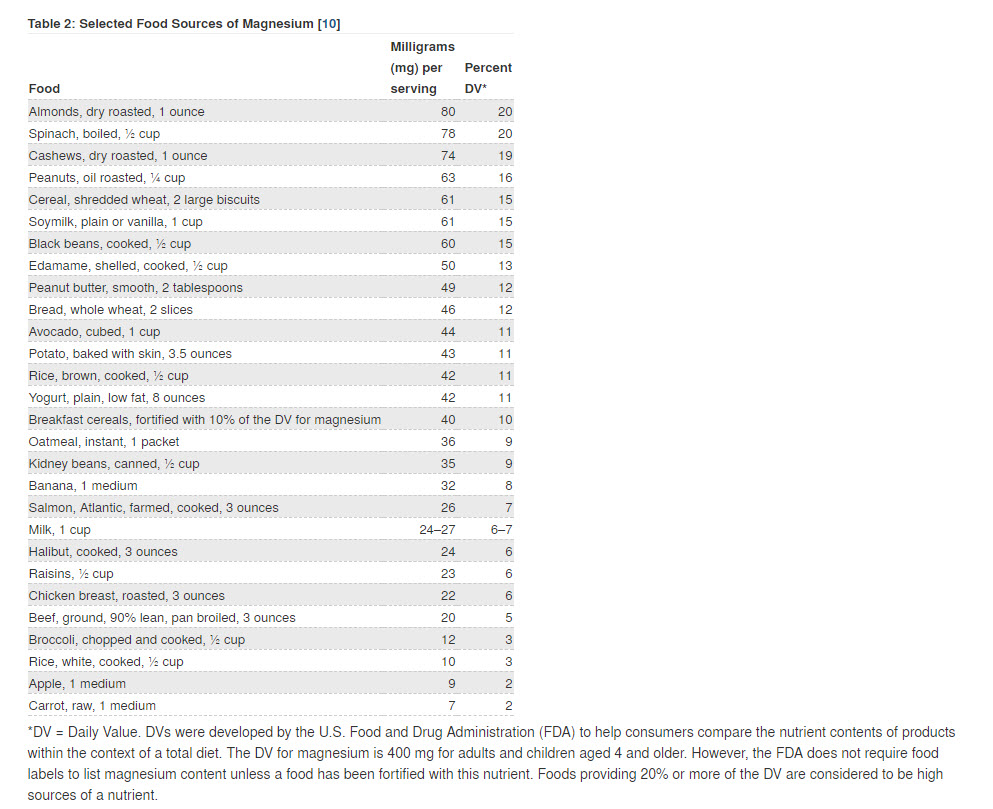What Does Magnesium Do?
Magnesium is one of the most important minerals necessary for the overall function of the human body. It is essential for maintaining the cardiovascular, neurological, musculoskeletal, immunological, and reproductive systems. When the body doesn’t receive the right amount of magnesium, there is an increased risk of painful chronic diseases. Magnesium is in the top four of essential minerals. The body uses it for over 300 biochemical interactions, most of which are vital to supporting the nervous system. Additionally, magnesium is responsible for several other functions, such as:
- Assisting in controlling glucose and blood pressure levels
- Boosting metabolism
- Breaking down protein
- Influencing bone health
Magnesium is also a key player in the muscular system. Supplements such as magnesium glycinate (Amino Mag Powder) can be used to help increase magnesium levels to have a calming and muscle relaxation effect. This supplement may be helpful for muscle spasms, chronic pain and supporting sugar and heart metabolism.
How Low Magnesium Levels Triggers Chronic Disease
When magnesium levels get critically low, it can affect the body’s basic functions. In addition, it can lead to serious chronic diseases. Recent studies have shown that low magnesium levels can increase the risk of cancer and neural behavioral disorders such as ADHD. Other studies have shown that certain neurological diseases may result in severe deficiencies. As the study of magnesium continues, scientists are discovering its contributions to several recognizable chronic diseases. Many studies have shown that magnesium depletion is a problem in patients being diagnosed with disorders such as:
- Fibromyalgia
- Diabetes and Insulin Resistance
- Kidney Stones
- Chemical Toxicity
- Osteoporosis
- Premenstrual Syndrome
” Generally, the significance of healthy magnesium levels is overlooked. Our patients are becoming more aware of the role magnesium plays and how to avoid depletion through diet and supplementation. We educate our patients that it is necessary to consume at least 400 mg of magnesium daily. “
Dr. Gary Gruber
Symptoms of Magnesium Depletion
The human body is multifaceted and will send signals when it’s not getting enough of something. As a result, it’s important for people to understand that the fundamental part of maintaining a healthy level is recognizing when there’s a problem. Several signs and symptoms of magnesium depletion include:
- Dry or coarse skin
- Brittle nails
- Sudden fatigue
- Muscle spasms
- Cardiac Arrhythmias
- High Blood Pressure
- High Cholesterol
- Bronchospasms
- Headache
- Insulin Resistance
Magnesium depletion can also cause anxiety and depression due to a chemical imbalance in the brain. Anyone who experiences these symptoms should seek medical attention and develop a plan of action with their physician. Pregnancy may contribute to low magnesium levels. Low magnesium in pregnancy has been linked to preeclampsia a condition of high blood pressure, protein in the urine, and swelling of hands and feet. However, eating a Mediterranean diet and taking prenatal vitamins with extra magnesium supplementation will ensure steady magnesium levels throughout pregnancy.
Preventing Magnesium Depletion
Avoiding chronic disease because of low magnesium levels requires adults and teens to be proactive about their health. The following table shows common food sources of magnesium that should be rotated throughout the daily diet:
Adults and teenagers should also consider taking magnesium supplements. Amino Mag Capsulesare a high potency and very absorbable form of the mineral.Before taking supplements whether vitamins, minerals, amino acids, and antioxidants it is appropriate to test for deficiencies. While a blood test for magnesium is standard, a comprehensive functional nutrition test such as Genova’s NutrEval will provide extensive information for mineral deficiencies.
Endnotes:
https://medicalxpress.com/news/2013-05-magnesium-important-kids-bone-health.html
http://ajcn.nutrition.org/content/45/5/1305.long
https://en.wikipedia.org/wiki/Magnesium#Biological_role
http://www.nhfw.info/magnesium.html
https://www.ncbi.nlm.nih.gov/pubmed/16846100
http://care.diabetesjournals.org/content/29/10/2238?sid=92f080cb-ecf1-46c8-bb94-b590321915b9
https://www.ncbi.nlm.nih.gov/pubmed/22318649
https://www.ncbi.nlm.nih.gov/pubmed?cmd=Retrieve&dopt=Citation&list_uids=17413107
http://www.mgwater.com/rod02.shtml

